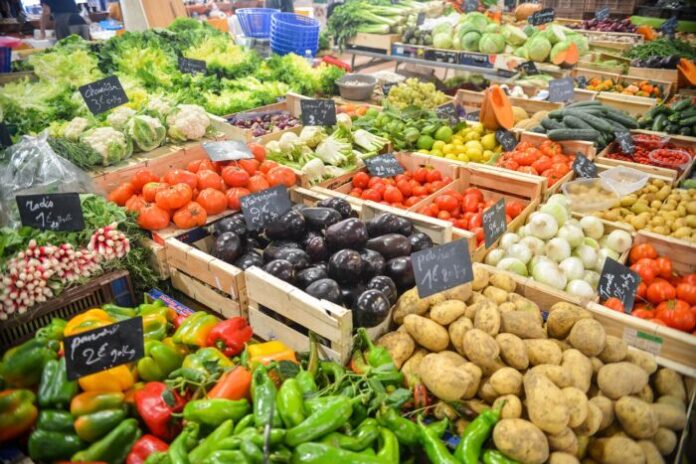
The three-year campaign co-funded by the EU with the aim of transferring the benefits of organic food for people’s health and the environment, raising awareness of a more ethical and healthy consumption, supports the main events of the Festa del BIO (Organic Festival) that is animating Saturday 23 September, from 10.30 a.m., Palazzo Re Enzo in Bologna, including the talk “Stories of biodiversity. Speak organic”.
Bologna, 22 September 2023 – Biodiversity loss is the third most serious threat in the next 10 years. This is supported by the Lampkin and Padel report, which highlights the environmental, social and economic benefits that organic farming can produce by achieving 25% organic farmland by 2030, one of the goals of the ‘Farm to Fork’ strategy.
Organic farming, the survey argues, nourishes the earth to keep it fertile and plays a key role in the conservation and implementation of natural habitats.
On how to protect biodiversity, four organic farmers will speak at the BIO Festival in Bologna. They will tell how every day, without using synthetic chemicals, they are committed to the preservation of soil fertility and the harmonious development of natural cycles, in order to counter the loss of biodiversity.
The meeting will be moderated by Francesco Sottile of Slow Food, Agronomist and lecturer in tree cultivation and biodiversity and quality of the Agri-food System at the University of Palermo, who will help bring out the good sustainable practices implemented daily by organic producers to safeguard biodiversity and the virtuous exchange that has always existed between nature and organic agriculture.
Stories of resilience starting with the agroforestry intervention of Maria Bernadetta Masini, from the farm of the same name in Ravenna founded by her great-grandfather. After studying art, Maria Bernadetta became a farmer, concentrating on organic ancient grains, immediately discovering the infinite generosity of nature, the importance of being in tune with it and, above all, respecting it.
Change of life also for Giovanni Drei, who has decided to grow walnuts using the biodynamic method on his family’s ‘Tre Querce’ farm in the Forlì plain. For Giovanni, the most important biodiversity is microbiological biodiversity in the soil and leaves, which is combined with that of hedges, uncultivated areas and woodland.
Federico San Bonifacio will tell the story of his Azienda Agricola San Bonifacio in Villa Bartolomea (VR), which, starting from the impact of sustainable forestry and its important contribution to the protection of biodiversity and soil fertility, has concentrated on processing grains and seeds without chemicals.
Ermanno Rocca of the Bonazza farm, in San Lazzaro di Savena (BO), will share his deep passion for organic olive growing and the recovery of local native olive biodiversity. In collaboration with IBIMET CNR of Bologna, the company has participated in projects aimed at preserving centuries-old olive trees in the hills of Bologna from which new cultivars are now derived, named after the place where the ancient plants are located.
“The valorisation of organic farming passes first of all through the experience of those who work the land with passion every day and have to face the challenges of protecting biodiversity and combating increasingly extreme climate change,” emphasises Maria Grazia Mammuccini, President of FederBio. “Organic farmers were the first to demonstrate how nature conservation and agriculture can coexist, increasing soil fertility, preserving biodiversity and storing carbon. This is why at our BIO Festival, on the occasion of the second European Organic day, we wanted, among other events, to give space to their stories that tell of their constant commitment to safeguarding the Planet’s natural resources’.



































